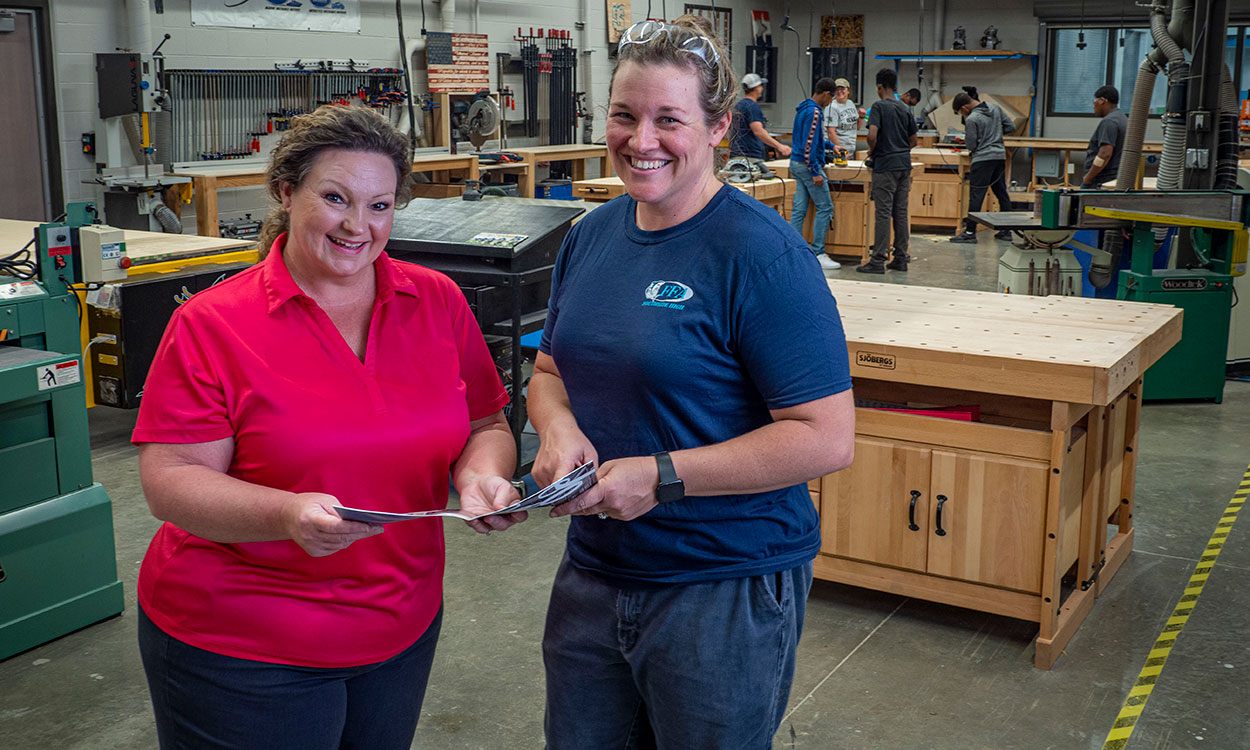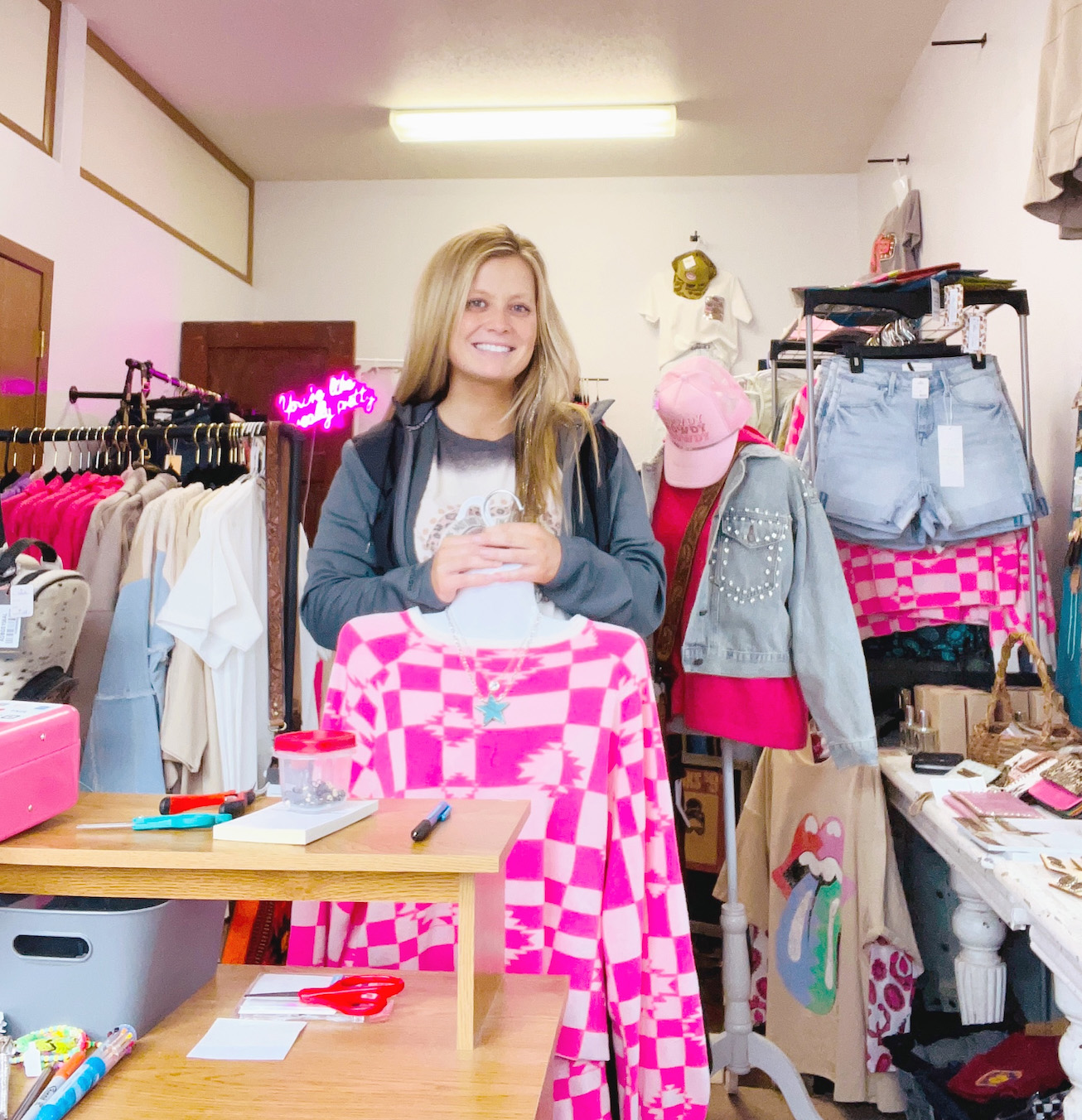
Can you name people you know who seem very genuine? When I think of authentic, genuine people, I think of people I want to visit with, work with and share ideas with, because they give me honest feedback and truly care. Oscar Wilde said, “Be yourself. Everyone else is already taken.” While that may sound simplistic, living with authenticity can be challenging.
To be authentic, we must own our actions and be sure they align with our beliefs and needs. Due to external pressures, we often feel forced to do things we are not comfortable doing, and we end up being someone we are not. This is hard when you are working in a community with many different opinions and styles of leadership.
Researchers from Harvard, Columbia and Northwestern joined forces to study authenticity. They found that when people failed to behave authentically, they experienced heightened discomfort and felt a strong desire to cleanse themselves physically. It looked similar to the feelings demonstrated after committing an immoral act. Our brains know when we are living a lie, but how can we stay in our genuine role and hold our ground?
Dr. Travis Bradberry, author of “Emotional Intelligence 2.0,” studies ways to make new leadership behaviors stick. He defines several habits that we can work on in our daily lives as we practice living in harmony with our true selves.
Habits to Foster Authenticity
Help others be authentic in their lives.
Don’t make people feel like they have to fit into a certain mold or project a particular image in order to obtain or continue in a leadership role. Remind others that differences make communities stronger and allow for new ideas.
Let go of negative people.
Authentic people have too much self-respect to put up with people who treat them badly or try to change them. Let go, not out of anger, but out of a need to be true to yourself and your teams.
Make the best of any situation.
Take stock of the way things are, and if there is nothing you can do to change the situation, figure out a way to live in the reality without whining or compromising your beliefs and values.
Express your true opinion, even when it’s not popular.
Most of us were taught not to go along with the popular crowd in elementary school. It’s not any easier in adulthood, and you must weigh the consequences of expressing yourself in certain situations. Generally, we should at least be honest (yet tactful!) in very important matters and with people who are close to us.
Don’t complain about your problems.
Complaining is what we do when we think the situation we are in is someone else’s fault, or it’s someone else’s job to fix it. Authentic people learn to be accountable and responsible for their own lives, so there is no point in complaining.
In Summary

Authentic people build successful communities. No one community has everything it desires, and there are many things that can’t be changed. However, if community leaders practice and share the habits above, positive change can and will happen.
Our Community Vitality programs use asset-based community development as a foundation. Building on community strengths instead of dwelling on community weaknesses is the premise. Contact us for more information!


